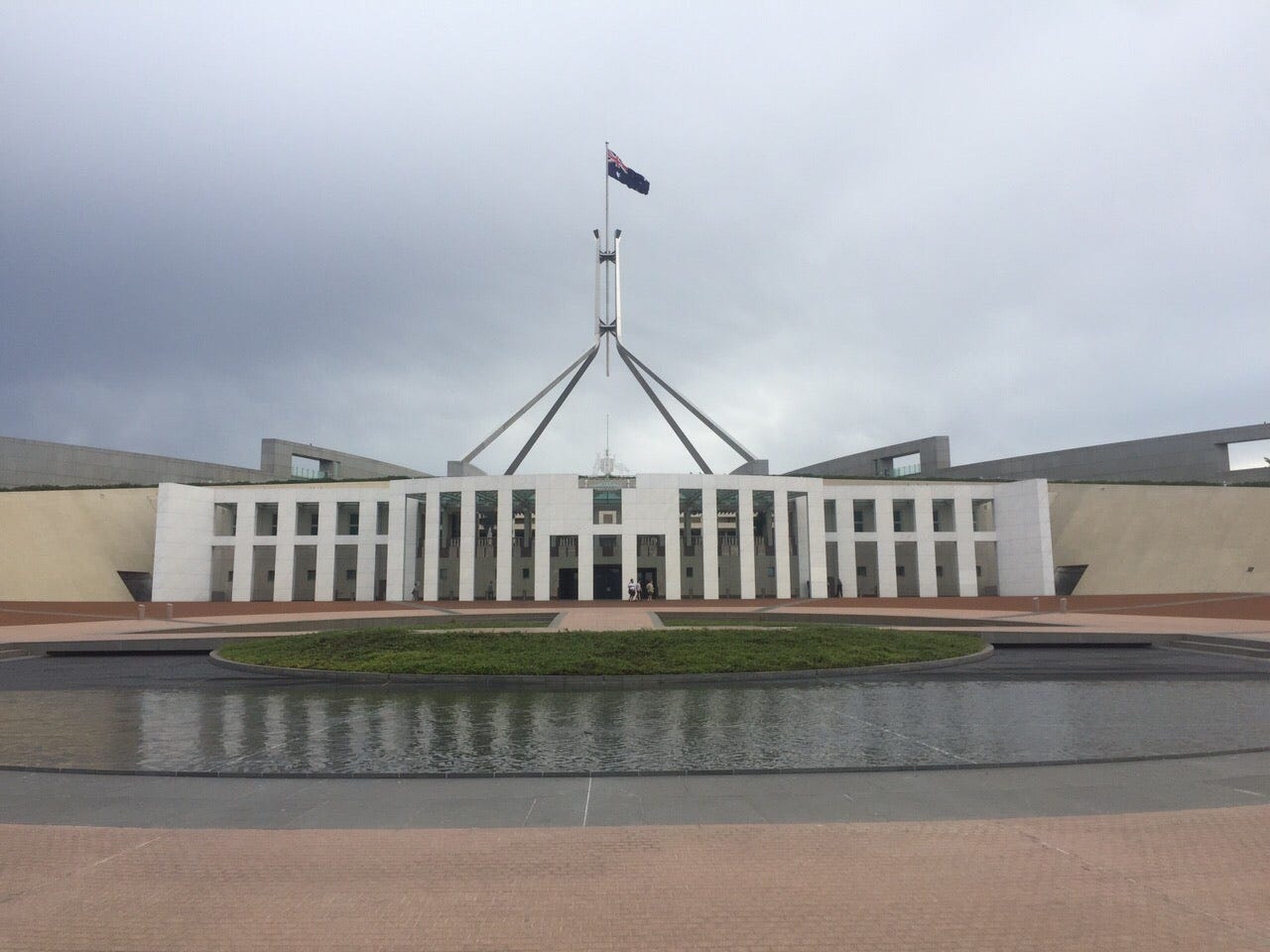Microsoft helping Canberra to shift 'legacy' mindset for government IT procurement


Microsoft is working with the Australian government to change the way technology-related services are procured by Commonwealth entities, specifically on where the budget is allocated and how it is measured.
The company's Australian national director of government Keith Downs told Microsoft Future Now in Sydney on Thursday that it is working with Treasury to shift its mindset from a traditional capital expense (capex) model to an operating expense (opex) model.
"Microsoft and our financial team are working with Treasury, helping them reshape in-line with how do they shift, because it's an asset-based infrastructure that actually reduces opex cost and Cabinet and Treasury like to see physical assets of ownership," he said. "So we're trying to work with them to try and shift that legacy mindset."
The comments followed a presentation from Malta Information Technology Agency (MITA) CTO Jonathan Cassar, who detailed how his government has single budget for IT.
"When it comes to information technology, there is one budget which is managed centrally by the Minister of Finance -- it's the one budget shared government-wide," Cassar said in response to a question asking how funding is secured for IT projects.
A percentage of that budget gets allocated back to MITA, he explained, noting also that each department receives its own chunk of the budget.
"With that budget they run their projects." He continued. "With that budget they can come to MITA for help with delivery of projects or go to other partners ... but it is one budget."
MITA is charged with driving the Maltese government's IT policy, programs, and initiatives.
The Commonwealth's own Digital Transformation Agency (DTA) is also looking to change the way government has historically operated, inviting agencies on Thursday to trial the beta of the next project to come from the Coalition's Digital Transformation Strategy.
The DTA's new whole-of-government notifications platform, Notify.gov.au, allows agencies to send reminders and messages to users.
"This platform will provide federal, state, territory, and local government agencies with an easy, low cost way to communicate with their users anywhere in the world," the DTA said.
During private beta, the DTA said participating government agencies will be given a password to access the platform in a closed environment. They will be required to set up a password-protected user account in order to send unlimited emails and up to 25,000 free text messages.
The messaging service is one of the first projects from the government's Digital Service Platforms Strategy, aimed at providing common, reusable business capabilities that can be consumed by multiple government entities.
RELATED COVERAGE
Home Affairs denies Microsoft in breach of Signals Directorate conditions
Senators are concerned that Microsoft has emerged with protected-level ASD certification, despite being located outside of Australia, with Alastair MacGibbon labelling the company a 'trusted' partner of government for many years.
Microsoft partners with Canberra Data Centres to cash in on government IT spend
Microsoft plans to deliver Microsoft Azure for government use out of two new regions located within Canberra Data Centres in the nation's capital.
Australian government spent AU$364m on Microsoft licensing in 2013-16
Microsoft licence spend has been revealed as the Commonwealth seeks providers for a Microsoft licensing panel refresh.
Microsoft Technology Centre opens in Sydney
The multimillion-dollar 'state of the art' facility is aimed at accelerating digital transformation in Australia.
More mid-sized organizations moving contact centers to the cloud: Here are 5 benefits (TechRepublic)
Companies with cloud contact centers are seeing improved customer service, better efficiency, and more, according to a report from Genesys and IDC.